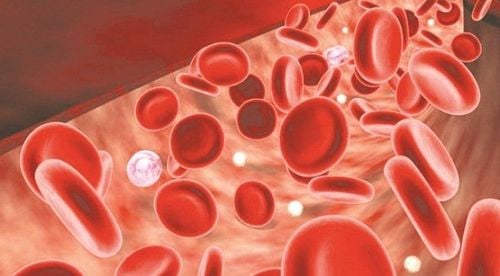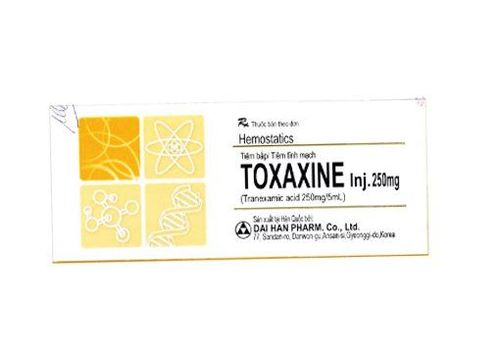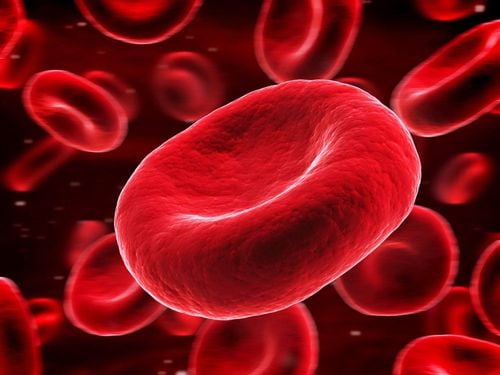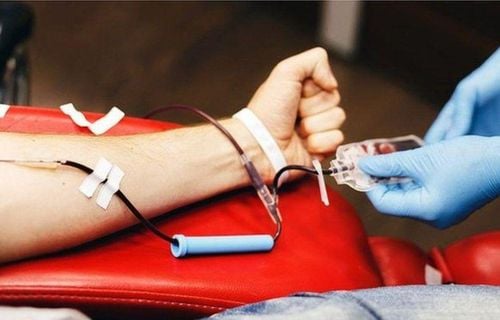This is an automatically translated article.
Erythropoietin is a glycoprotein produced by paraglomerular cells in response to tissue hypoxia, specifically to stimulate red blood cell production in the bone marrow. Therefore, the quantitative test of Erythropoietin will help doctors in diagnosing anemia related to abnormal red blood cells.1. When is the erythropoietin test indicated?
The erythropoietin test is usually ordered in the following cases:Suspect a condition of primary polycythemia vera or secondary polycythemia vera or other cause Assess the patient's degree of anemia relative to the index erythropoietin or not Patients with chronic renal failure who have manifestations of anemia need to determine the cause of anemia. Test combined with EPO when hemoglobin and hematocrit on CBC results show anemia and red count reticulocytosis represents bone marrow unresponsiveness. Thanks to the erythropoietin test, doctors can distinguish primary erythrocytosis from secondary erythrocytosis. Because erythropoietin activity is often very elevated in patients with secondary erythrocytosis; regardless of whether the condition is the result of tissue hypoxia (bronchopulmonary disease, cardiovascular disease) or from abnormal excretion of erythropoietin by the tumor (renal cancer, cerebellar tumor). In addition, clarifying the pathophysiology of anemia, especially in the setting of chronic renal failure, may help monitor and treat anemia with recombinant human erythropoietin.

Xét nghiệm erythropoietin giúp phân biệt giữa tăng hồng cầu nguyên phát với tăng hồng cầu thứ phát
2. How is the erythropoietin test done?
The erythropoietin test is performed on a serum specimen taken from the patient's venous blood. Patients will not have to fast before drawing blood like other common tests. However, there are also some notes on handling and preserving samples as follows:Serum samples need to be completely frozen at room temperature before centrifugation. Samples after collection should be covered with tight-fitting lids and transported to laboratory Storage time can be 8 hours at 15-30 oC or 24 hours at 2-8 oC.
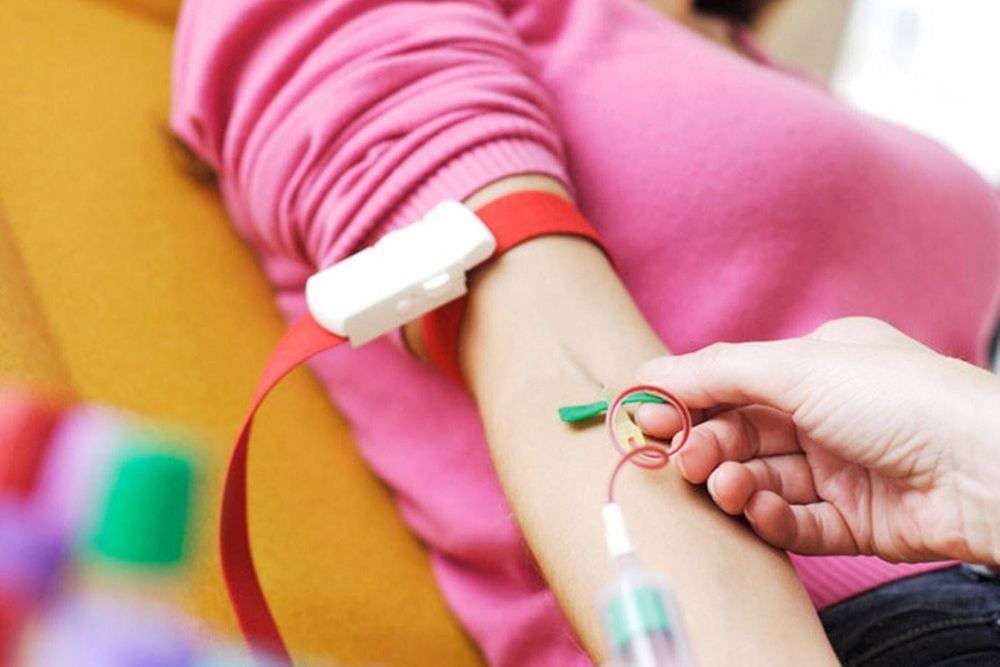
Xét nghiệm erythropoietin không cần nhịn ăn trước khi lấy máu
3. Meaning of erythropoietin
The normal value of erythropoietin is less than 19 mU/mL. Cases of increased blood erythropoietin activity are usually due to the following causes:Aplastic anemia (blood-forming dysfunction of the bone marrow) erythropoietin-producing tumors Hemolytic anemia (thalassemia) Multiple myeloproliferative syndromes Secondary red blood cells Pregnant women. In addition, cases that can reduce blood erythropoietin activity include:
Acquired immunodeficiency syndrome Anemia due to chronic diseases such as stomach ulcers, parasitic worm infections Stage kidney disease primary polycythemia vera Rheumatoid arthritis. It should also be noted that serum erythropoietin levels may be increased or decreased by the effects of drugs such as metabolic steroids, epoetin alpha or fluoxymesterone, or may also be decreased by the drugs acetazolamide, amphotericin B or cisplatin.
Erythropoietin (EPO) test is a routine test at Vinmec International General Hospital. With a team of experienced, skilled doctors and modern equipment, Vinmec International Hospital is proud to bring to customers convenient medical services, accurate test results. most accurately and quickly, customers can leave the same day.
Please dial HOTLINE for more information or register for an appointment HERE. Download MyVinmec app to make appointments faster and to manage your bookings easily.




